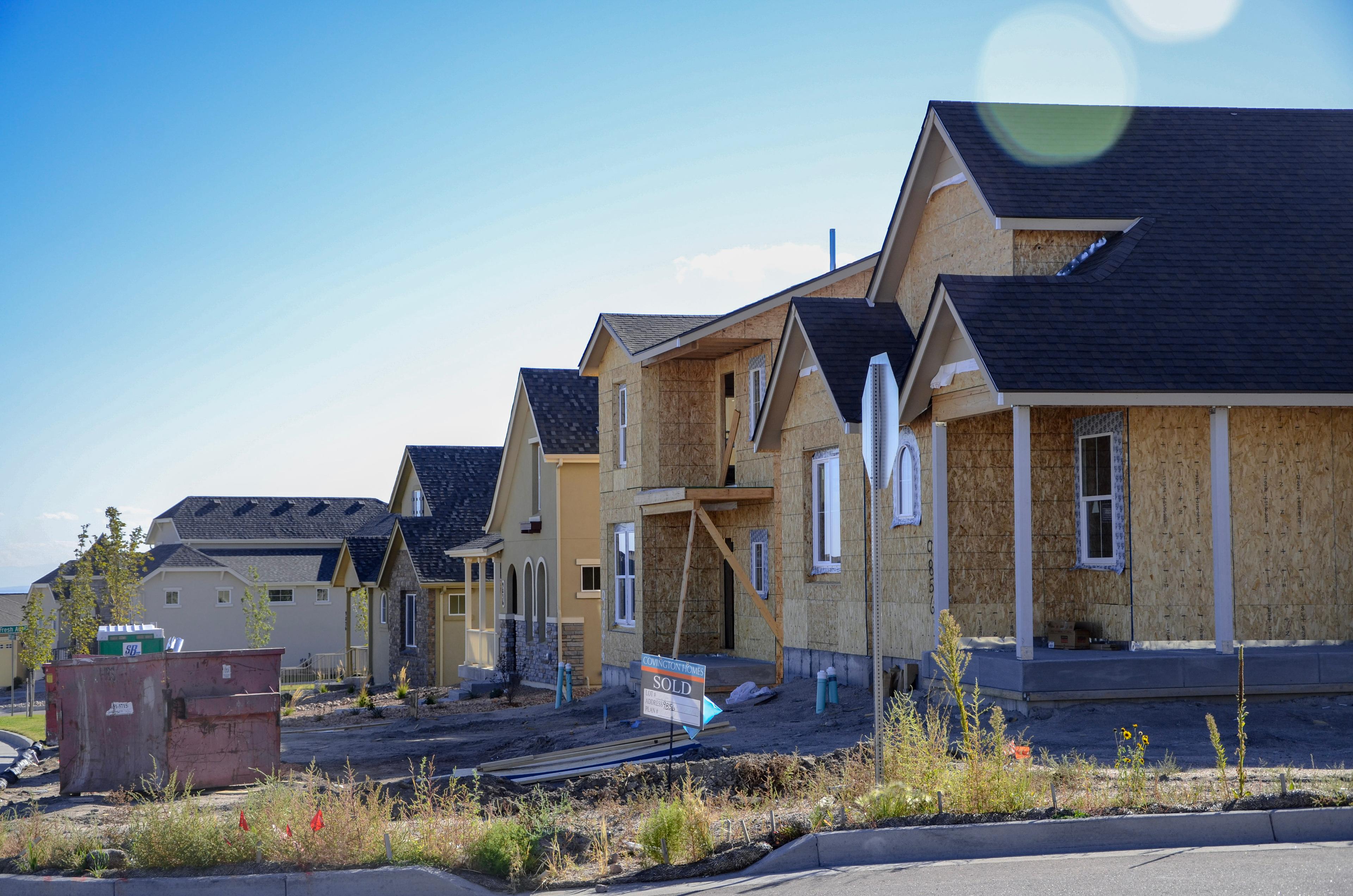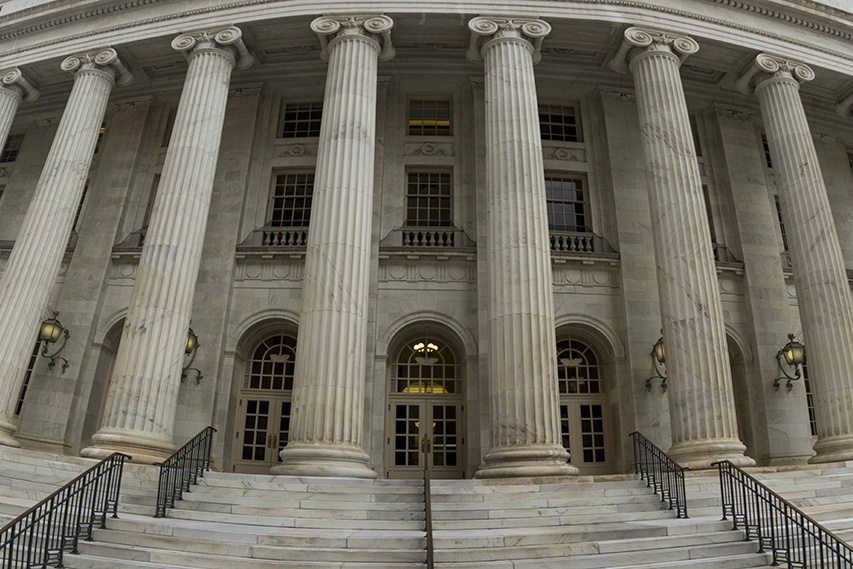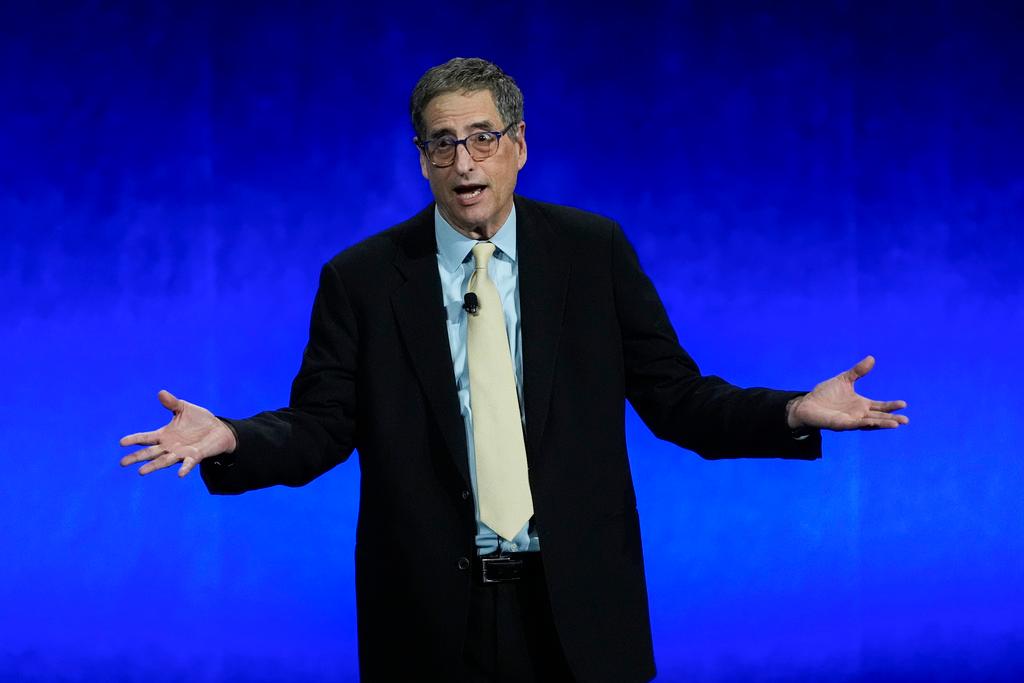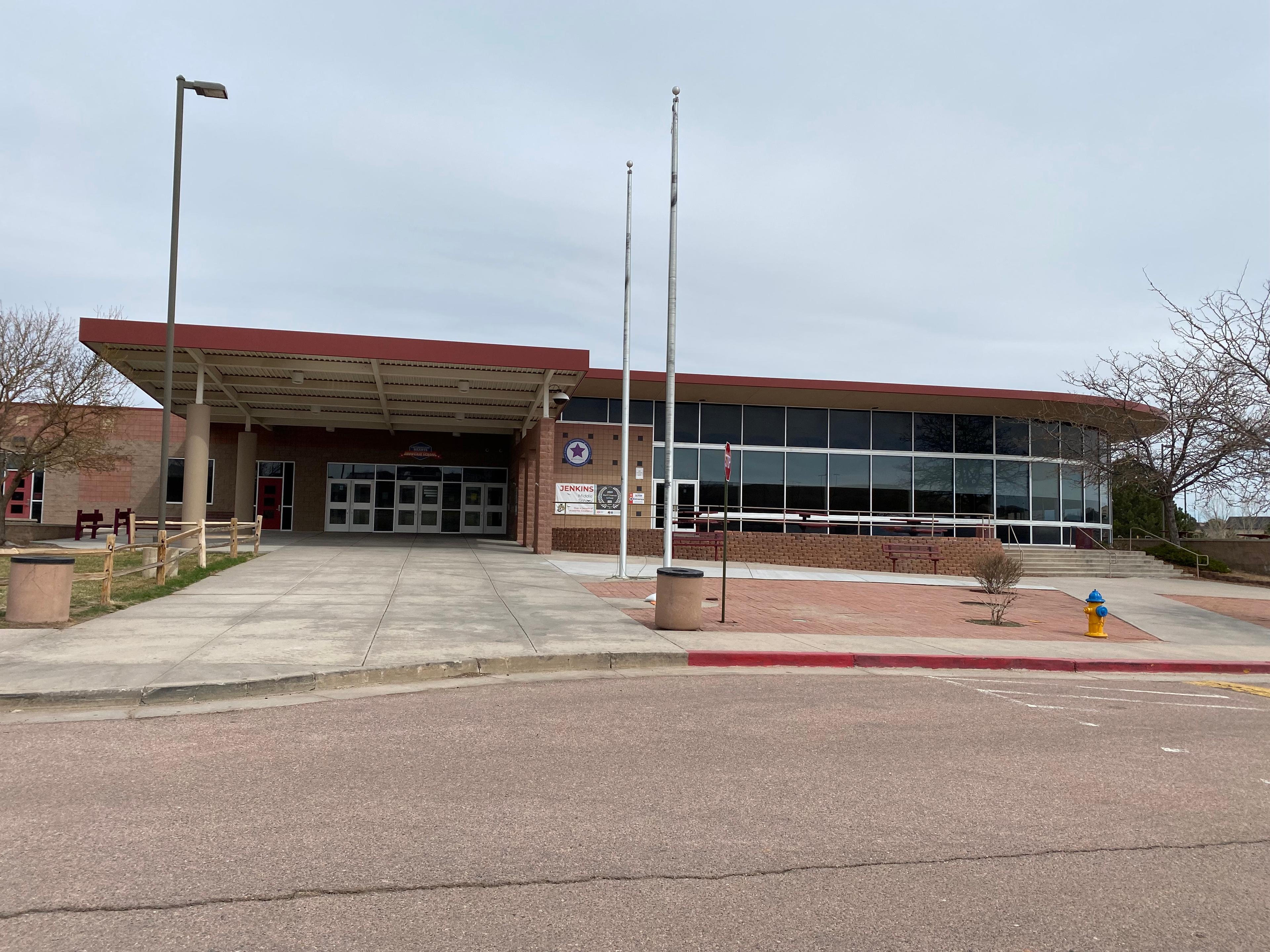
When the U.S. economy shut down in March due to the coronavirus, home builders prepared themselves for the worst.
But the worst never came.
“If someone, a year ago, told me we could have 20 or 30 million people out of work, ‘But don't worry, home building will be fine,’ I would have told them they were nuts,” said Gene Myers with Thrive Home Builders, headquartered in Denver. “That does seem to be what's happening.”
The coronavirus and the subsequent shut down of bars and restaurants, and stay at home orders and remote working have many home buyers thinking a lot about where they live, and altering, maybe permanently the value of space over central locations.
Myers said the sense he gets from customers is that “defensible space (to protect against the virus) is a good thing.”
“We'll have very young buyers come in and just say, ‘Mom and dad told me I had to get out of that apartment and they'll co-sign on the loan and provide the down payment,’” he said.
Permits to build apartments are down 21.2 percent year-to-date statewide compared to last year, but single-family home permits are up 8.4 percent.
“This pent-up demand that really snapped back in May, June and July gave the builders some of their best months ever,” said John Covert, a senior director of Metrostudy, which closely monitors the home market.
- Polis Just Launched An Eviction Prevention Task Force, But The Eviction Preventers Feel Excluded
- ‘Shrugging Off’ The Pandemic, Colorado’s Housing Market Broke Records This Summer
- Workers Have Been Able To Return To Offices With Some Restrictions Since May, But Most Colorado Companies Are Keeping People Home
- Colorado’s Economy Is Better Than The National Figures, But The State Still Has A Long Recovery Ahead
June new home sales according to Metrostudy were up 21 percent over June of last year, and July was more than double last year, up 103 percent.
Covert said there’s something enticing, during a highly contagious pandemic, about a new home no one has lived in before, or features like more advanced airflow systems.
Historically low-interest rates and increases in existing home equity over the last decade are giving many buyers the financial ability to upgrade. Being considered an essential industry early on has kept builders moving all through the pandemic.
Still, builders will struggle to put up affordable homes if material and labor costs continue to rise. Lumber prices have risen to the highest point since at least 2004. And the desire for less dense and larger properties will push up home prices further. This is on top of dramatic increases in prices for properties in the existing home market.
With low-interest rates and remote working likely to remain widespread for the foreseeable future, home builders believe demand will remain strong at least through the rest of this year. But that doesn’t mean they are necessarily optimistic about the future.
“I keep thinking that we can't have 30 million people out of work without it ultimately becoming a drag on the entire economy,” Myers said.









